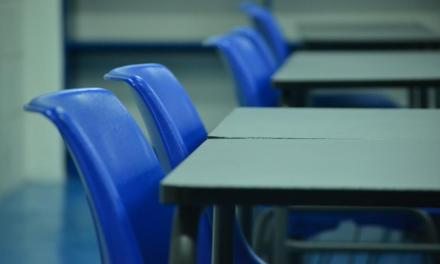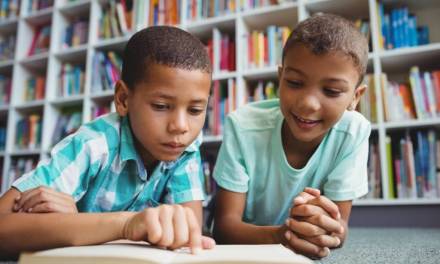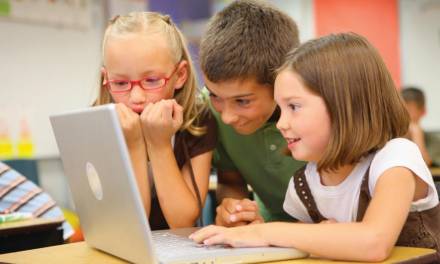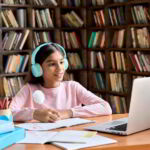It has been a belief of many, for a great deal of time, that more time in the classroom means better grades.
However, this is not necessarily true, and there are plenty of examples to show that it is not true.
For instance, compare private schools and state schools in the UK; as a whole, private schools have much better results compared to state schools, but they spend a lot less time in school.
It is no secret that state school children are jealous at the lengthy holidays that private school students get over Christmas, Easter and Summer.
But really, it is odd that private school students pay such a large amount for their education, but receive fewer hours! They do say quality over quantity, though…
Again, if we compare test results in India and China, compared to the UK or the US, the results are interesting. Generally, India and China outperform the western schools significantly, but they do not spend any extra time in the classroom. So, there must be other factors that affect our children’s grades?
Of course, quality of teaching would have to be one of the most significant factors, but that is not what this article is about. Yes, we can start investigating our teachers’ qualifications and teaching methods and try to improve on them, but perhaps there are other beneficial activities that children can be taking part in, that will aid their education?
Less class time and more play time
This may seem like a bit of a joke to most parents, and a dream for most children, but there is something to be said for increasing the amount of “playtime” that young children get.
From a very young age, the introduction of social skills is important in any child’s development, and this is not received within a classroom environment.
Moreover, children are not made to sit for long periods of time, so a short run around outside every hour can really do wonders for them. Even adults require a short break every once in a while, to reset the oxygen and glucose supply going to the brain.
School trips
Whilst school trips might be seen as a fun day off school to many students, they do teach valuable life lessons and should be encouraged.
Whether the destination is somewhere naturally educational, such as a museum, or whether it is to the theatre for a cultural production, children will need to learn how to conduct themselves in public. Most of the time, they will be in school uniform and represent the school, so will need to behave in a manner that will reflect well on the school.
They will meet strangers and officials and need to learn how to interact with them in a professional manner. These are valuable skills that cannot be learned in the classroom.
Work Experience
You always learn the most by actually “doing” something. Learning the theory in the classroom is all well and good, but the practical exercise is always a whole different experience.
Enrolling students onto work experience programs in areas where they are potentially interested in getting a job, is an invaluable experience for them. They will get to see what tasks they will do on a daily basis and how people work as a team in a work environment.
This hands-on experience is like no other and should be encouraged. It could be a real eye-opener for students on what they thought their ideal job is like.
So what do you think – should students spend less time in the classroom? Let us know in the comments below!










